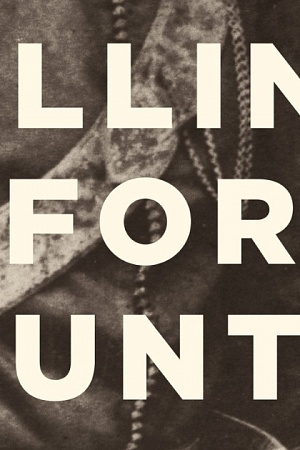In These Times: Living in Britain Through Napoleon's Wars, 1793-1815
Faber & Faber, $49.99 hb, 751 pp, 9780571269525
In These Times: Living in Britain Through Napoleon's Wars, 1793-1815 by Jenny Uglow
If you had asked anyone in the 1780s where in Europe a revolution was most likely to break out, the answer would probably have been Britain. Paris was too strictly policed to be a candidate, whereas London had recently been the scene of violent anti-Catholic riots. The British were an unruly people, as Jenny Uglow’s book on British life during the French revolutionary and Napoleonic wars testifies. Treason trials, food riots in the terrible winter of 1795, riots against the press gangs, and mutinies in the navy all encouraged a fear of domestic revolution. The country was threatened by terrorist attacks. The Despard conspiracy of 1802 planned to seize the Tower and murder George III and, in 1812, Prime Minister Perceval was shot dead. In response, civil liberties were curtailed and the rule of law suspended. In Uglow’s account, this was a society in conflict with itself, violent, riotous, and repressive.
Uglow presents a panoramic view of British society at war, through the eyes of a range of individuals from different social backgrounds: clergymen, soldiers, artisans, bankers, weavers, farmers, and their wives. She calls this a ‘crowd biography’, which is misleading since her crowd never solidifies into common action; it is rather a cast of disparate individuals who qualify because of their letters and diaries. Uglow darts from one to another at such lightning speed, over sixty short chapters, that she creates a scatter-gun effect, in which no one in her ‘crowd’ is presented in the round and none lingers long in the memory. Her account is teeming with details and anecdotes, piled relentlessly on top of one another. This is history by immersion.
Continue reading for only $10 per month. Subscribe and gain full access to Australian Book Review. Already a subscriber? Sign in. If you need assistance, feel free to contact us.














Leave a comment
If you are an ABR subscriber, you will need to sign in to post a comment.
If you have forgotten your sign in details, or if you receive an error message when trying to submit your comment, please email your comment (and the name of the article to which it relates) to ABR Comments. We will review your comment and, subject to approval, we will post it under your name.
Please note that all comments must be approved by ABR and comply with our Terms & Conditions.